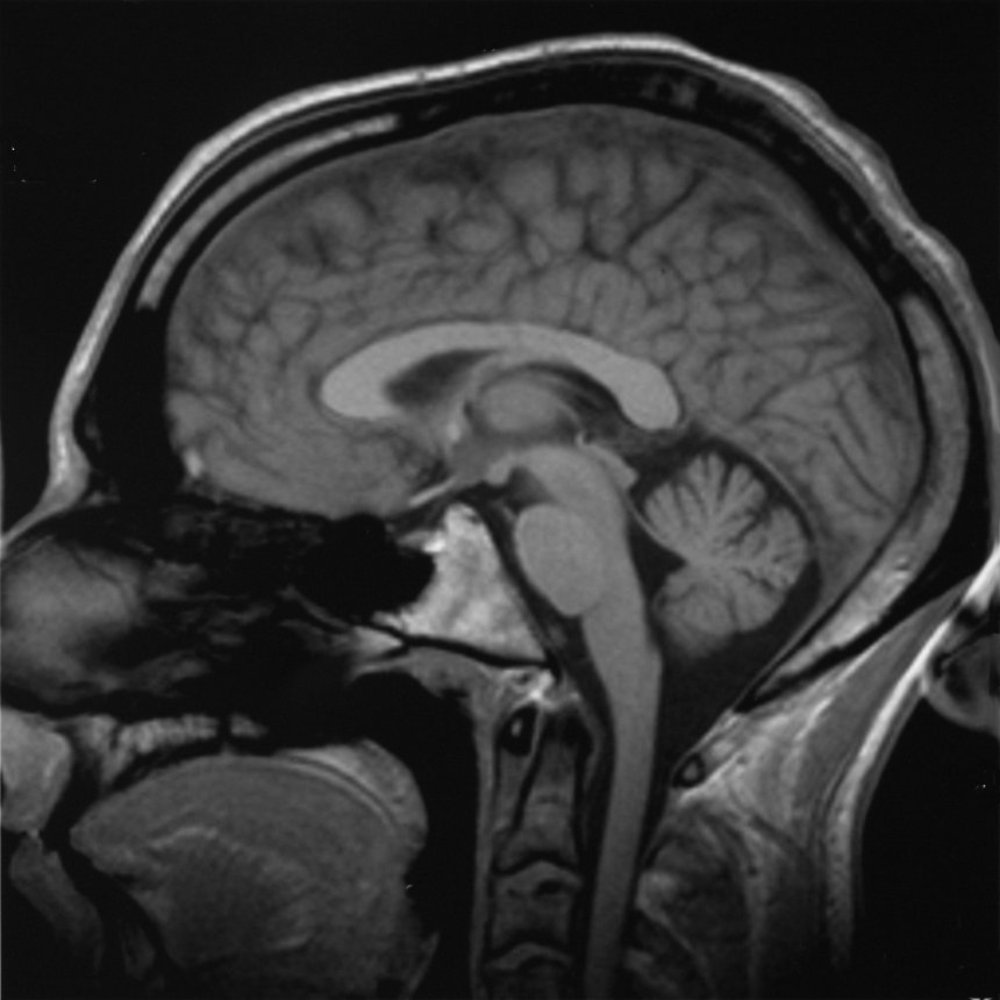The molecular reason females are more likely to suffer the effects of stress
Researchers in Philadelphia have found that there is a difference at the molecular level between how male and female brains deal with a particular stress hormone, which could explain why women are more prone to stress or anxiety related illnesses like post traumatic stress disorder and depression.
 The study, published in the journal Molecular Psychiatry by Debra Bangasser and her colleagues, compared the brains of male and female rats in stressed and unstressed situations. They measured the activity in the brain cells using electrodes and also took samples of brain tissue to look for specific proteins.
The study, published in the journal Molecular Psychiatry by Debra Bangasser and her colleagues, compared the brains of male and female rats in stressed and unstressed situations. They measured the activity in the brain cells using electrodes and also took samples of brain tissue to look for specific proteins.
The stress hormone they were looking at is called Corticotropic-releasing factor or CRF, and it's produced in a region of the brain called the hypothalamus, and it plays a key role in stress, along with hormones from an area in the brainstem called the locus ceruleus. Activation of the locus ceruleus and the hypothalamus by a stressful stimulus or situation leads to the production of other hormones, like adrenaline, that can lead to many of the symptoms of stress disorders - like sleeplessness or inability to concentrate.
The team found that the female rats were much more sensitive to the CRF than the male rats, meaning that they would be more likely to react to a stressful situation than a male rat would be. But they were also less able to deal with high levels of CRF - the males could lock it away in little sacs in the brain cells called vesicle, and this allowed them to adapt to the higher levels, but the females couldn't adapt and would continuously show the stressed response.
So what does this mean in the wider context? Well, this is only a study in rats - it may not translate directly to humans, but it does offer a pretty good model. What's interesting is that because we now know that the CRF receptors in male and female brains differ, and we know HOW they respond to CRF, this could open up new avenues of research for drugs to treat things like depression and post-traumatic stress disorder. And it may mean that we need to look at treating males and females with these illnesses in different ways.










Comments
Add a comment